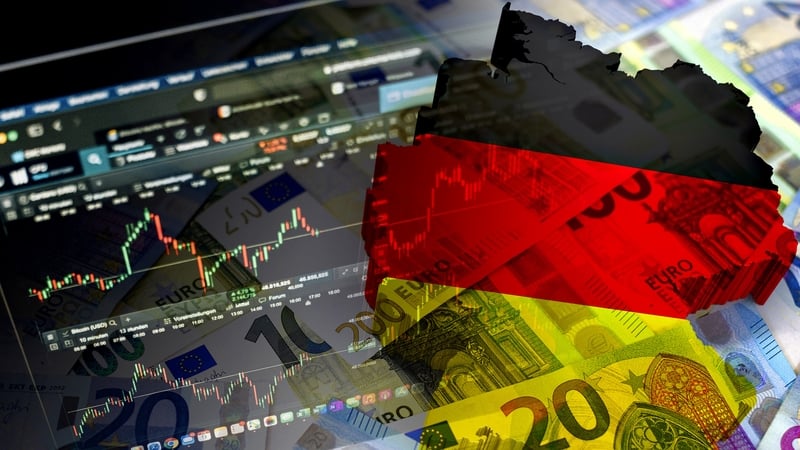Germany’s annual inflation rate held steady in January but core inflation eased markedly, keeping intact expectations of further interest rate cuts from the European Central Bank.
German inflation remained at 2.8% this month, in line with forecasts, preliminary data showed today.
Core inflation, which excludes volatile food and energy prices, eased to 2.9% in January from 3.3% in December.
Germany will hold a snap national election on Febuary 23 following the collapse of Chancellor Olaf Scholz’s three-way coalition.
“The persistently weak economy appears to be having an increasingly disinflationary effect,” said Sebastian Becker, economist at Deutsche Bank Research, adding that he expects the core rate will fall further during the year.
Increasing competition from abroad, high energy costs, still elevated interest rates and uncertain economic prospects have taken a heavy toll on Germany’s economy, which contracted in 2024 for the second year in a row.
The weakness of Europe’s biggest economy took its toll on the labour market, with the unemployment rate rising to 6.2% – the highest in more than four years.
Andrew Kenningham, chief Europe economist at Capital Economics, said regional and national data published so far suggested euro zone inflation – due on Monday – may come in a bit lower than anticipated.
“This would support those on the European Central Bank Governing Council arguing for significantly more policy easing in the coming months,” Kenningham said.
French consumer prices increased slightly less than anticipated in January, preliminary data showed today, with the harmonised rate at 1.8%.
Economists polled by Reuters expect data on Monday to show euro zone inflation held at 2.4% in January, unchanged from the previous month.




